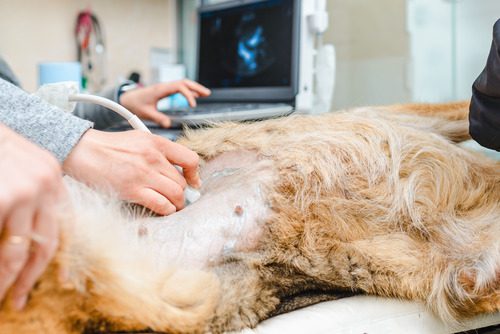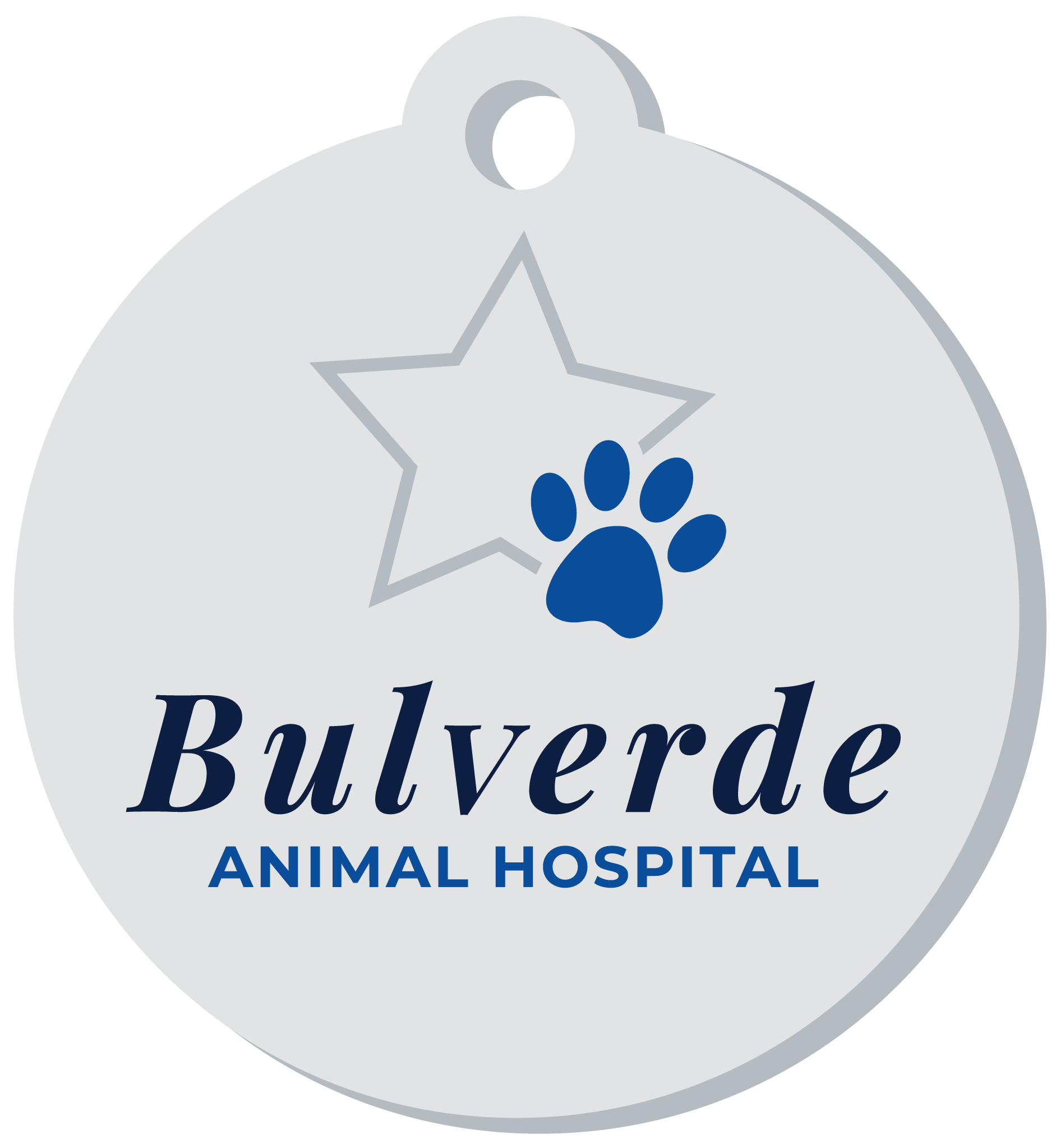How Long Are Dogs Pregnant For?

Dogs bring immense joy and companionship to our lives, and if you choose to breed your dogs, understanding their reproductive cycle is essential for any responsible pet owner. Whether you’re a seasoned breeder or a pet parent anticipating a new litter, knowing how long dogs are pregnant can help you effectively prepare. In this blog, we’ll explore the duration of canine pregnancy, the different stages involved, and what to expect during this exciting period.
Breaking Down the Canine Pregnancy Timeline
Canine pregnancy, also known as gestation, typically lasts around 63 days, although it can range from 58 to 68 days. This period is relatively short compared to human pregnancies, making it important for pet owners to be vigilant and prepared. The timeline can be divided into three main stages, each marked by significant developmental milestones.
The First Stage: Fertilization to Embryo Development
The first stage of pregnancy begins with fertilization, usually occurring within a few days of mating. During this period, the fertilized eggs travel to the uterus, where they implant and begin to develop into embryos. This initial stage lasts approximately two to three weeks.
During the first stage, you may not notice any significant changes in your dog’s behavior or appearance. However, some dogs may experience mild morning sickness, similar to humans, which can result in reduced appetite and lethargy. Provide a balanced diet and ensure your dog remains comfortable during this period.
The Second Stage: Embryo Development to Fetal Growth
The second stage of pregnancy spans from the third to the sixth week. This is a critical time for the developing embryos, as they transition into fetuses and begin to form their organs and systems. During this period, you may start to notice physical changes in your dog, such as weight gain and a slight increase in abdominal size.
By the fourth week, your veterinarian can confirm the pregnancy through an ultrasound. This is also a good time to discuss any dietary adjustments or supplements that may be necessary to support your dog’s health and the development of the puppies. Routine veterinary check-ups help monitor the health and progress of both the mother and the fetuses.
The Third Stage: Fetal Growth to Birth
The final stage of pregnancy occurs from the sixth week until birth. This is when the fetuses undergo significant growth and development, preparing for their arrival into the world. During this period, your dog’s abdomen will become noticeably larger, and you may observe behavioral changes as she prepares for labor.
In the last few weeks of pregnancy, create a comfortable and quiet space for your dog to give birth. This area should be clean, warm, and free from any disturbances. Your veterinarian can provide guidance on what to expect during labor and how to assist your dog if necessary.
Signs and Symptoms of Canine Pregnancy
While some signs may appear early on, others become more apparent as the pregnancy progresses.
Early Signs of Pregnancy
- Behavioral Changes: Your dog may become more affectionate or, conversely, more withdrawn.
- Appetite Changes: Some dogs experience increased appetite, while others may eat less due to morning sickness.
- Nipple Changes: The nipples may become larger and more prominent as they prepare for milk production.
Mid to Late Pregnancy Symptoms
- Weight Gain: Noticeable weight gain and abdominal enlargement are common as the puppies grow.
- Increased Appetite: Many dogs will require more food to support the developing fetuses.
- Nesting Behavior: As labor approaches, your dog may exhibit nesting behavior, such as digging or arranging bedding.
If you observe any unusual symptoms or have concerns about your dog’s pregnancy, consult your veterinarian. Bulverde Animal Hospital is here to provide the support and care needed during this special time.
How to Prepare for the Arrival of Puppies
As the due date approaches, make preparations for the arrival of the puppies. This includes setting up a whelping area, gathering necessary supplies, and knowing what to expect during labor.
Setting Up a Whelping Area
Create a comfortable, quiet, and warm space for your dog to give birth. This area should be easily accessible but free from distractions and disturbances. A whelping box, lined with clean blankets or towels, can provide a safe environment for the mother and her puppies.
Necessary Supplies for Whelping
- Clean Towels and Blankets: For bedding and cleaning the puppies after birth.
- Heat Source: To keep the puppies warm, as they cannot regulate their body temperature initially.
- Scale: To monitor the puppies’ weight and ensure they are gaining appropriately.
- Emergency Contact: Keep your veterinarian’s contact information handy in case of complications.
What to Expect During Labor
Labor in dogs typically occurs in three stages: the onset of contractions, delivery of the puppies, and expulsion of the placenta. Each stage has distinct signs and durations, and understanding these can help you provide the necessary support.
- Stage One: Lasts 6-12 hours, characterized by restlessness, panting, and nesting behavior.
- Stage Two: Active labor and delivery of the puppies, lasting from a few hours to 24 hours.
- Stage Three: Expulsion of the placenta, occurring shortly after each puppy is born.
If labor extends beyond 24 hours or you notice signs of distress in your dog, contact your veterinarian immediately.
Postpartum Care for Mother and Puppies
Proper care during the period following birth ensures the health and well-being of both the mother and her puppies.
Caring for the Mother
Ensure your dog has access to fresh water and a balanced diet to support lactation. Monitor her for any signs of complications, such as fever, excessive bleeding, or lack of appetite. Routine wellness exams enable your vet to address any postpartum issues.
Caring for the Puppies
Newborn puppies require constant attention and care. They should nurse frequently and be kept warm at all times. Regularly weigh the puppies to ensure they are gaining weight and consult your veterinarian if you notice any signs of illness or weakness.
Educating yourself about the canine pregnancy process can help you provide the best care for your dog and her puppies. From recognizing early signs to preparing for labor and postpartum care, being informed ensures a smooth and healthy pregnancy journey. For any questions or concerns, Bulverde Animal Hospital is here to assist. Call us at (830) 438-7200 or request an appointment online.
Recent Posts
About Us
At Bulverde Animal Hospital, our ultimate goals are excellent service to clients, personal growth, and the professional development of our staff. We are a small clinic creating a significant impact on pets' lives.
